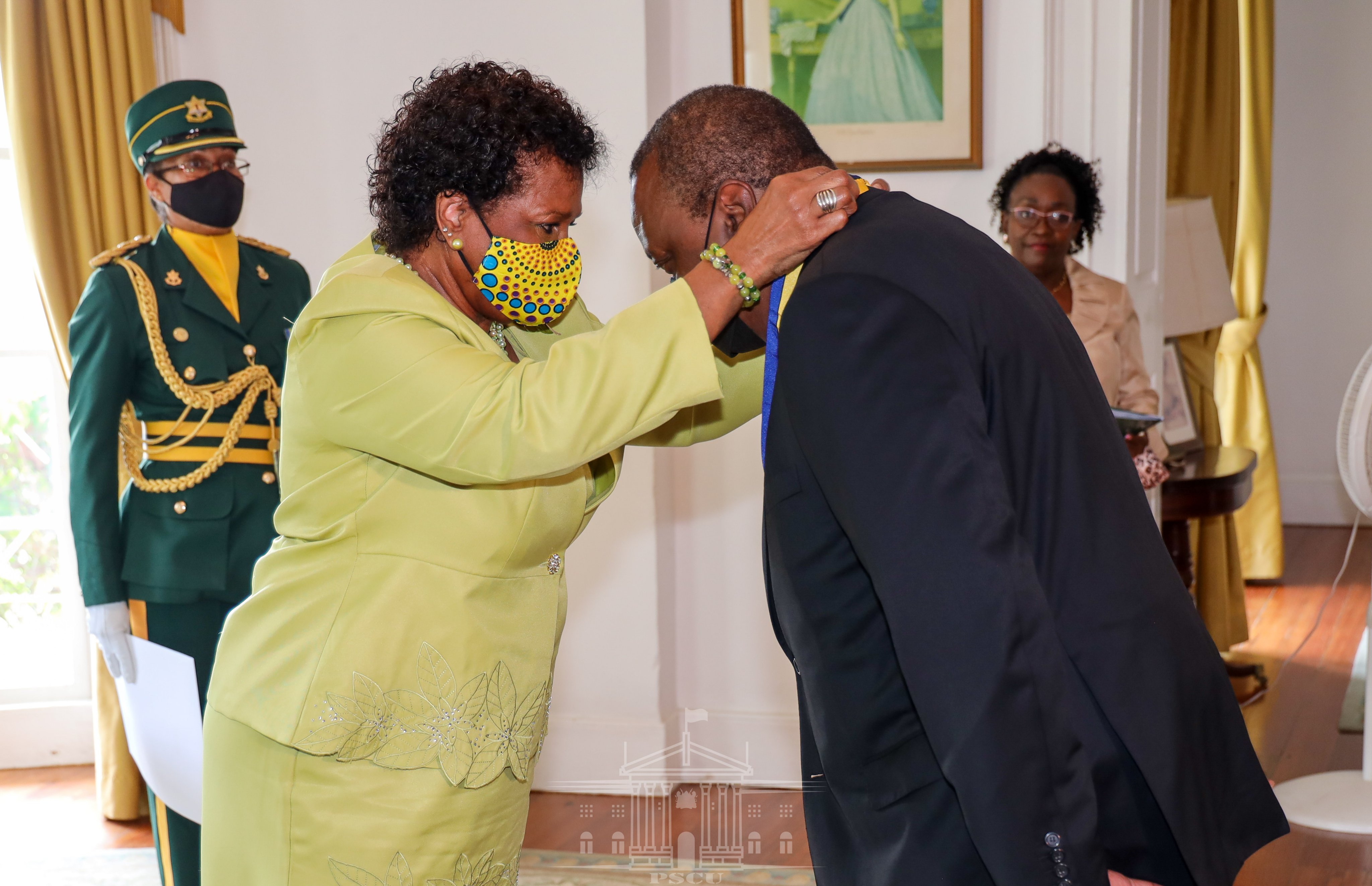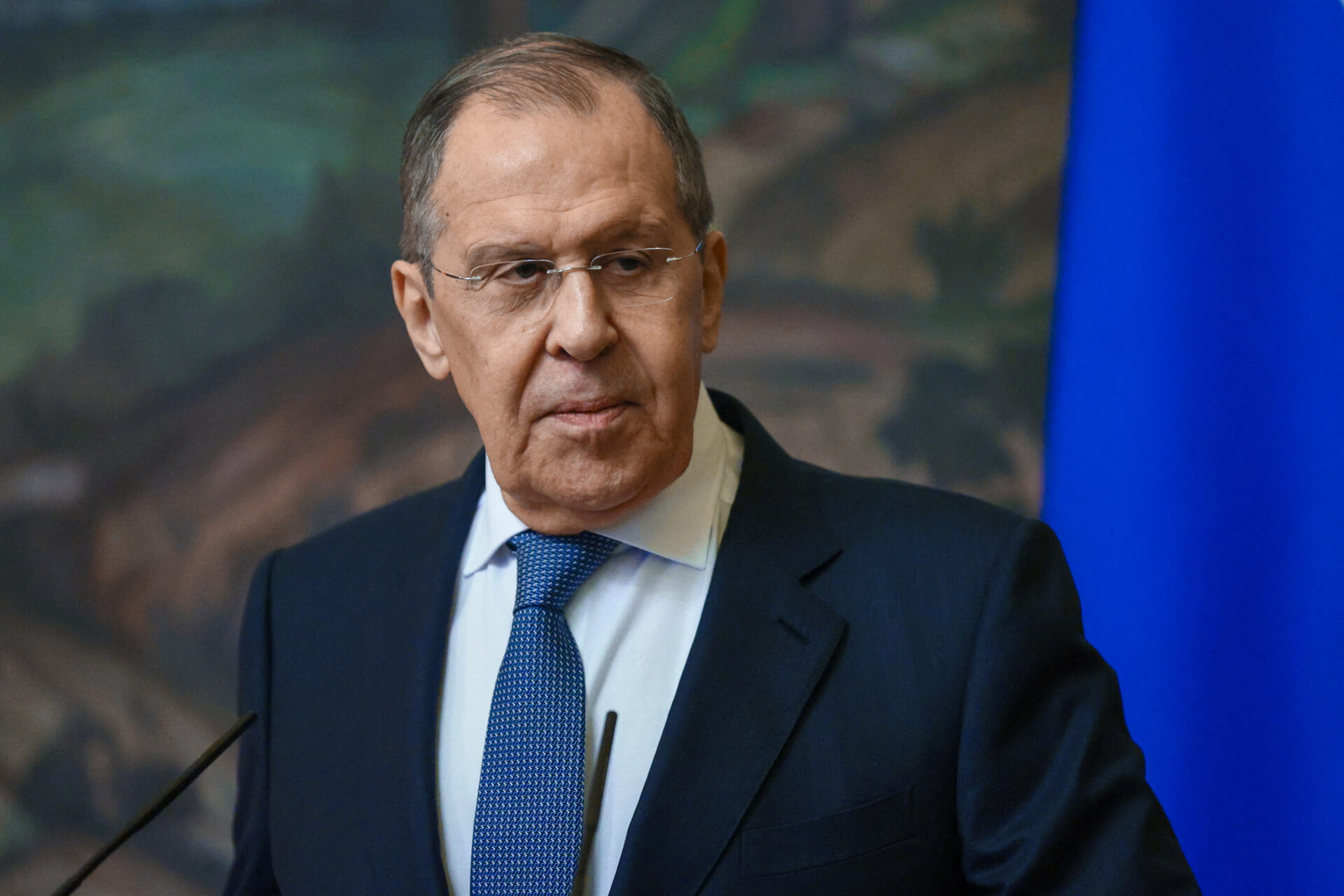South Asia
The Pakistani Army said that it would take legal actions against individuals responsible for “peddling malicious allegations and blatant lies” against the establishment. The statement comes after a journalist alleged that former Finance Minister Shaukat Tarin had been asked to betray Pakistan Tehreek-e-Insaaf chair and former Prime Minister Imran Khan during the trust vote that resulted in his ouster. [Geo TV]
In an address to the parliament, Sri Lankan Prime Minister Ranil Wickremesinghe said India is the only country that is providing funds to purchase fuel. He also urged the Ceylon Electricity Board to refrain from conducting strikes, saying it would cause power cuts. Instead, he said they could organise protests without disrupting power supply. [Times of India]
Central Asia and the Caucasus
Several Kazakh protesters gathered outside the Chinese embassy in Nur Sultan on Wednesday to demand the release of their relatives who have been detained in Xinjiang. The demonstrations coincided with Chinese Foreign Minister Wang Yi’s visit to Kazakhstan. According to reports, almost two million ethnic Turkic Muslims, including Uyghurs and Kazakhs, are being held in detention camps in Xinjiang. [RFE/RL]
Russian Foreign Minister Sergey Lavrov and his Turkish counterpart Mevlüt Çavuşoğlu announced during a joint press conference in Ankara on Wednesday that members of the ‘3+3 Initiative’—Armenia, Azerbaijan, Georgia, Russia, Turkey, and Iran—will soon come together to create a South Caucasus Cooperation Forum to discuss economic and security issues in the region. [Asbarez]
East and Southeast Asia
Following the third China + Central Asia Foreign Ministers’ meeting, Chinese Foreign Minister Wang Yi said the six countries had reached an agreement on: ensuring that the region remains “autonomous;” continuing to cooperate via the Belt and Road Initiative, strengthening rail connectivity to ensure a “continuous supply chain;” combatting terrorism, separatism, and extremism; setting up a Chinese traditional medicine centre in Central Asia; and cooperating to resolve the Afghan crisis. [Chinese Ministry of Foreign Affairs]
Chinese state media has reported that the government will offer citizens up to $15,000 in cash for reporting “national security threats,” which the Ministry of State Security has said is “conducive to fully mobilising the enthusiasm of the general public to support and assist in national security work, widely rallying the hearts, morale, wisdom and strength of the people.” [The Straits Times]
Europe
British Prime Minister (PM) Boris Johnson declared that “nothing and no one” could stop him from continuing his term as over 40% of the Members of Parliament voted against him in a trust vote on Monday. He was responding to a question by Labour Party leader Keir Starmer, who highlighted that his party had lost faith in him. [The Guardian]
The European Parliament failed to pass critical climate change reforms, including laws to change the bloc’s carbon market, introduce a carbon border tax, and establish a Social Climate Fund. The Green and Socialist parties opposed the obstructions to the amendments, as a result of which the texts of the suggested changes are now being referred back to the committee. [Politico]
During a press conference with his Turkish counterpart Mevlüt Çavuşoğlu on Wednesday, Russian Foreign Minister Sergey Lavrov said that Moscow is “ready” for a United Nations-mediated meeting with Ukraine to resolve the grain problem, but said it would be “nothing but symbolic.” He added that Ukraine can solve the issue by allowing its ships to leave by providing safe corridors or demining. [TASS]
Latin America and the Caribbean
On Wednesday, Venezuelan President Nicolás Maduro described his meeting with his Turkish counterpart Recep Tayyip Erdoğan as a “complete success,” as the pair finalised cooperation agreements on tourism, agriculture, and financial-monetary matters. Maduro invited greater Turkish investment in the banking, logistics, mining, and oil and gas sectors and thanked the country for its support during the COVID-19 pandemic. [Telesur]
United States President Joe Biden, speaking at the Americas Summit on Wednesday, unveiled the “Americas Partnership for Economic Prosperity”—an investment framework aimed at countering Chinese influence in Latin America. It will focus on promoting fair trade and “more resilient, more secure, and more sustainable” supply chains. Biden is also expected to discuss a joint migration agreement in the coming days.[Reuters]

Middle East and North Africa (MENA)
Algeria on Wednesday suspended its ‘Treaty of friendship, good-neighbourliness and cooperation’ with Spain over Madrid’s recognition of Moroccan sovereignty of the disputed Western Sahara region. “This attitude of the Spanish government is a violation of the international legality that its status as an administering power imposes on it and of the efforts made by the United Nations,” a statement released by the Algerian Presidency said. [Algeria Press Service]
The International Atomic Energy Agency’s (IAEA) 35-member Board of Governors overwhelmingly voted in favour of a resolution condemning Iran for its failure to explain uranium traces found at three nuclear sites. 30 members voted in favour of the resolution, India, Libya, and Pakistan abstained, and Russia and China voted against it. [Anadolu Agency]
North America
Canadian Minister of Foreign Affairs Mélanie Joly announced a ban on the export of 28 services related to the Russian oil, gas and chemical industries in a new package of sanctions on Wednesday. “Canada will do everything in its power to prevent Putin’s ability to fuel and finance his war machine,” she declared. [Global Affairs Canada]
In a call with his Polish counterpart Andrzej Duda on Wednesday, United States President Joe Biden underscored Washington’s commitment to the security of Warsaw and the North Atlantic Treaty Organization’s eastern flank. He also reaffirmed his desire to strengthen bilateral security and economic cooperation. [White House]
Oceania
Australia’s foreign ministry has “strongly condemned” North Korea for launching eight ballistic missiles this week, noting that it has thus far launched 31 ballistic missiles this year, including six intercontinental ballistic missiles. It thus urged the rogue regime to shut down its nuclear weapons and ballistic missile programmes and return to negotiations with the United States and South Korea, saying its repeated violations of United Nations Security Council (UNSC) resolutions constitute a threat to regional security and “undermine the global non-proliferation regime.” In this regard, Australia said it will continue to maintain sanctions on North Korea, in line with UNSC resolutions. [Australian Ministry of Foreign Affairs]
The Organisation for Economic Cooperation and Development urged the New Zealand government to ensure that any financial support going forward “should be more targeted,” pointing to its recent budgetary decision to deliver $350 cheques as well as extend fuel tax rebates, reduce road use charges, and lower public transport fares in a bid to address the rising cost of living. The OECD report projected 3% GDP growth this year and 2% next year, adding that inflation—which touched 6.9% in March, the highest it has been since 1990—would remain high. [Newshub]
Sub-Saharan Africa
Rebel groups in the Ambazonia region of Cameroon killed five soldiers and injured three others, Member of Parliament Adamou Youmou Koupit confirmed on Wednesday. Anglophone separatists have often come into conflict with security forces in the northwestern and southwestern parts of the country. The United Nations has accused both the military and the rebels of war crimes that have caused 6,000 civilian deaths since 2016. President Paul Biya has ruled Cameroon for nearly four decades and has been accused of brutally suppressing the Anglophone minority. [Africa News]
On Wednesday, Kenyan President Uhuru Kenyatta hosted his Barbadian counterpart Sandra Mason in Nairobi and emphasised on the need to boost transport and trade ties between the two nations. The duo discussed how improved connectivity, given that the two countries presently do not operate direct flights, can enable better people-to-people linkages and enhance economic growth. Mason described Kenyatta’s presidency as “refreshing,” as he is the first head of state to engage with Barbados outside of CARICOM. They also discussed cooperation in the fields of green energy, financial integration, agricultural trade, and youth employment. [Capital News]

